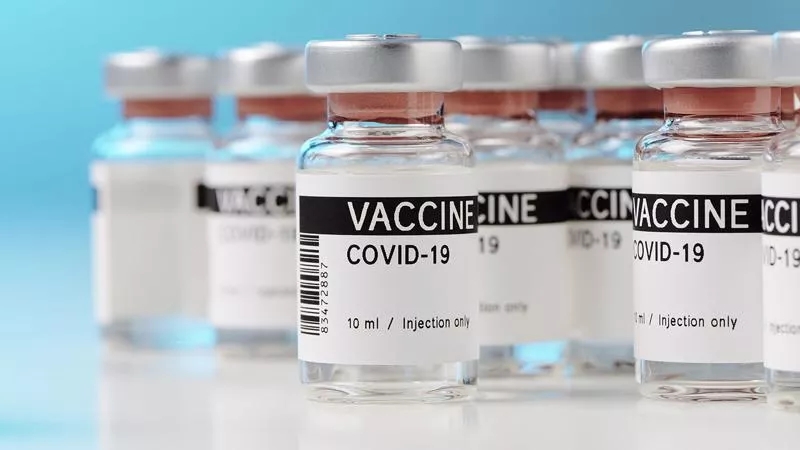
We would like to thank everybody who took part in our survey of people with rheumatic conditions about the fourth coronavirus (COVID-19) vaccination dose. The purpose of the survey was to better understand whether those eligible have been able to access a fourth dose of the COVID-19 vaccine as part of their vaccination schedule, as well as to gain insights on other important issues related to COVID-19. The survey was held between 23rd March 2022 and 7th April 2022.
Survey findings
- There were a total of 526 responses from England, Scotland, Wales, and Northern Ireland.
- 65% of respondents had received a fourth dose of the COVID-19 vaccination.
- Over half (62%) of respondents found accessing their fourth dose to be ‘very easy’ and 59% found ‘no part of the process to be particularly difficult’.
- Although when it came to communication, 40% of respondents had no form of contact from the NHS about their fourth dose.
- With regards to access to antiviral treatments, 40% reported they had no form of contact from the NHS about the treatments, with half (50%) finding the process to get referred to a COVID medicines delivery unit (CMDU) by their GP/consultant to be ‘very difficult’.
Overall, the findings suggest people with rheumatic conditions generally seemed to have found accessing their fourth dose of the COVID-19 vaccination to be an easier experience compared to their third dose. However, there are still persistent issues with communications for both fourth vaccine doses and COVID-19 antiviral treatments, with 2 in 5 people reporting no proactive contact from the NHS to inform them of their eligibility.
Our call to action
We know from previous research that people with rheumatic conditions are considerably less likely to generate antibodies after two doses of a COVID-19 vaccine. [citation] Moreover, people with rare autoimmune rheumatic conditions are at greater risk, being twice as likely to die from COVID-19 or a complication related to the virus compared to the general population [1]. Therefore, it is imperative that this vulnerable group has timely access to new and existing treatments to ensure greater protection from COVID-19 and its variants [2].
RAIRDA has identified 3 areas that must be addressed to improve the situation:
- For healthcare professionals to be better informed on RAIRDs and the impact of the various diseases and their treatments on immunity.
- Improved communication to health care providers on who is eligible for vaccines and treatments.
- Accurate and up-to-date digital coding of NHS records to identify RAIRDs patients, and to have simple systems to change codes when they are incorrect.
Next steps
Following the results of our survey, we have taken steps to brief NHS England on the issues highlighted in our survey and are working closely with them to improve communications for people with RAIRDs. We will also raise the issue of equitable access to COVID-19 vaccinations/treatments with Maggie Throup MP, the Vaccines Minister, in an upcoming coalition meeting.
References
- Megan Rutter, Peter C Lanyon, Matthew J Grainge, Richard Hubbard, Emily Peach, Mary Bythell, Peter Stilwell, Jeanette Aston, Sarah Stevens, Fiona A Pearce, COVID-19 infection, admission and death among people with rare autoimmune rheumatic disease in England: results from the RECORDER project, Rheumatology, 2021;, keab794, https://doi.org/10.1093/rheumatology/keab794
- National Institute for Health Research (NIHR): OCTAVE trial: Initial data on vaccine responses in patients with impaired immune system https://www.nihr.ac.uk/news/octave-trial-initial-data-on-vaccine-responses-in-patients-with-impaired-immune-systems/28529
